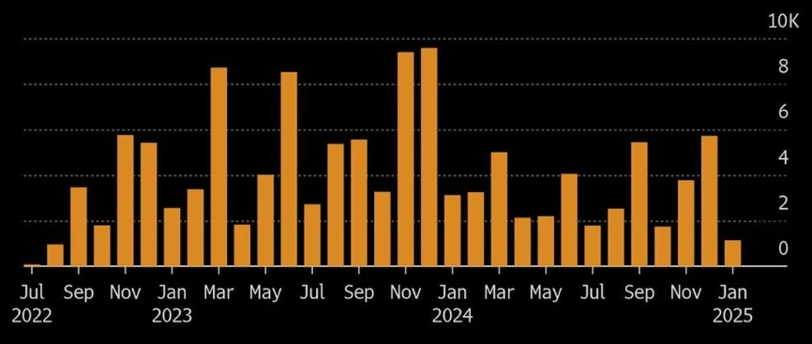Decline in Tesla Sales in Europe, 2025
IC3
2/7/20252 min read


Overview of Tesla's Performance in Europe
The automotive market is subject to fluctuations, and the recent data reveals a notable decline in Tesla sales in Europe. Comparing the figures from this year to the corresponding period last year, Tesla has experienced a significant downturn. This post aims to delve into the ramifications of this decline and explore potential factors influencing these sales figures.
Understanding the Sales Decline
Tesla's sales plummet in Europe is a concerning trend for stakeholders and industry analysts alike. The company, once a dominant force in the electric vehicle market, has reported lower sales numbers in several key European nations. Various factors may contribute to this downturn, including increased competition, market saturation, and changing consumer preferences.
Competitive Landscape and Consumer Sentiment
The shift in Tesla's sales performance can partly be attributed to the rising competition in the electric vehicle sector. Established car manufacturers, such as Volkswagen and BMW, have bolstered their electric offerings, providing consumers with viable alternatives. Additionally, the growing market of affordable electric vehicles has appealed to cost-conscious buyers, further eroding Tesla's market share.
Furthermore, Tesla’s brand loyalty is being tested as consumers consider other options. Reports indicate a shift in sentiment, with many customers looking at other brands that provide similar quality at a more competitive price point. This change in consumer behavior might be a reaction not only to pricing but also to product availability and service quality.
Potential Factors Influencing Sales Trends
Several external factors may also exacerbate Tesla's drop in sales. For example, the economic environment impacts purchasing power, especially in light of rising inflation across Europe. As the cost of living rises, potential buyers might delay purchasing a new vehicle or opt for less expensive alternatives. Moreover, regulatory changes and incentives in various countries could influence the desirability of electric vehicles.
Additionally, supply chain issues that have plagued the automotive industry since the pandemic continue to pose challenges. Delays in manufacturing and shipping can frustrate customers eager to buy and take delivery of their new vehicles, potentially leading them to explore other brands instead of waiting for Tesla's products to become available.
In summary, Tesla's sales figures in Europe have taken a hit compared to last year, revealing various underlying causes. The heightened competition, evolving consumer preferences, and external economic pressures are intricately woven into this decline. As Tesla navigates these challenges, it will be crucial for the company to innovate and adapt to the changing dynamics of the European market to regain its footing and appeal to consumers once more.

